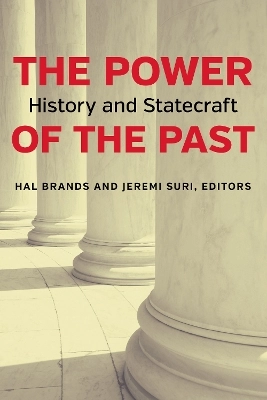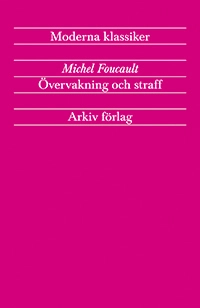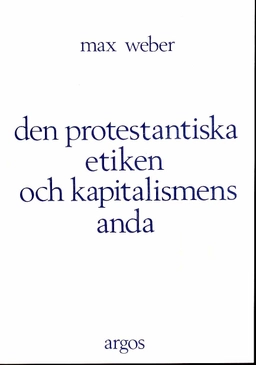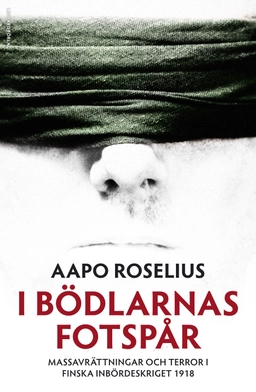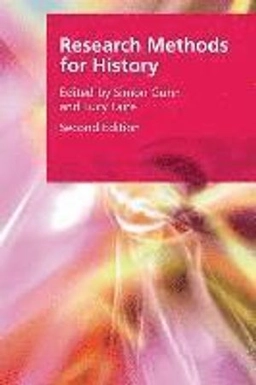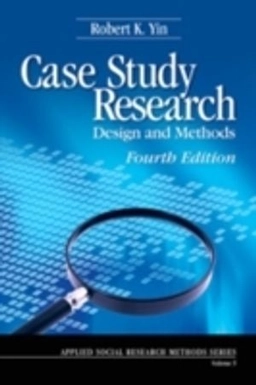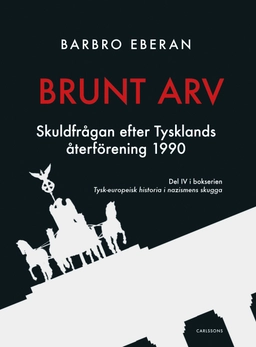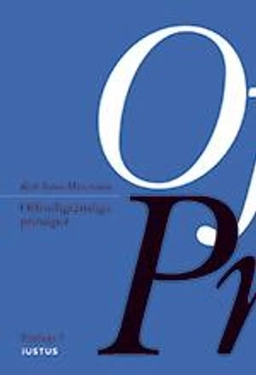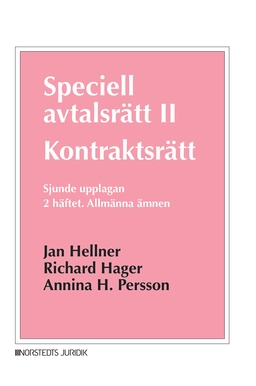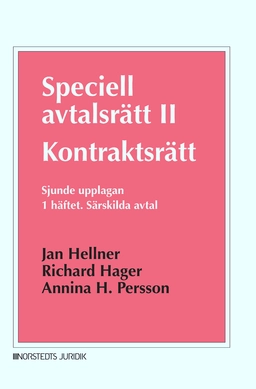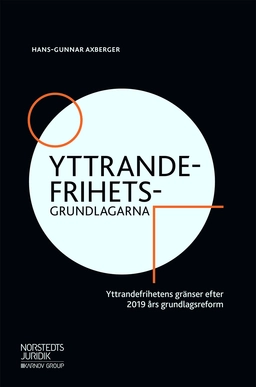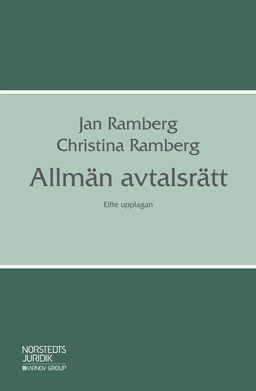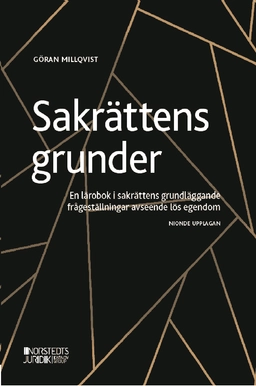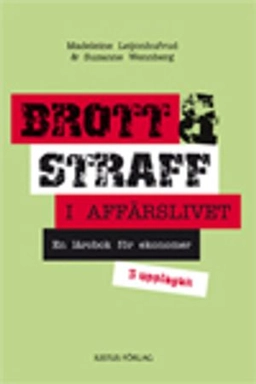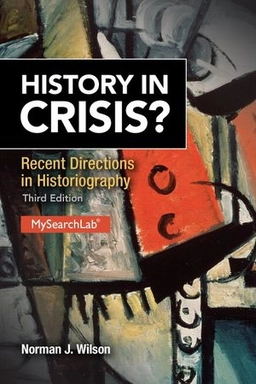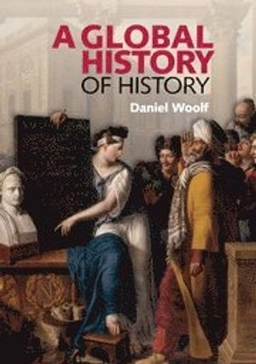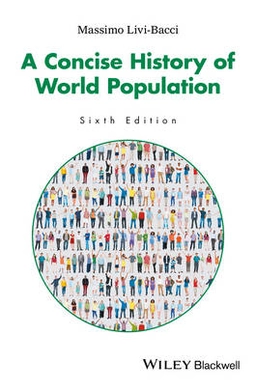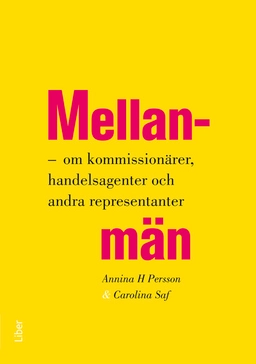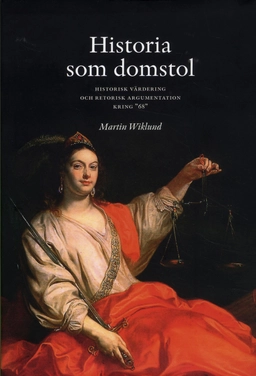Leading scholars and policymakers explore how history influences foreign policy and offer insights on how the study of the past can more usefully serve the present.
History, with its insights, analogies, and narratives, is central to the ways that the United States interacts with the world. Historians and policymakers, however, rarely engage one another as effectively or fruitfully as they might. This book bridges that divide, bringing together leading scholars and policymakers to address the essential questions surrounding the history-policy relationship. Chapters include: Mark Lawrence on the numerous, and often contradictory, historical lessons that American observers have drawn from the Vietnam War. H. W. Brands on the role of analogies in U.S. policy during the Persian Gulf crisis and war of 1990-91. Jeremi Suri on Henry Kissinger's powerful use of history. James Steinberg on how various forms of history informed U.S. responses to the Balkan wars of the 1990s. Peter Feaver and William Inboden on the roles that historical knowledge and analogies played in several key policy initiatives undertaken during their time at the National Security Council from 2005 to 2007. Philip Zelikow, former executive director of the 9/11 Commission, offers a broad and rich discussion of what kinds of lessons history actually offers.
Åtkomstkoder och digitalt tilläggsmaterial garanteras inte med begagnade böcker
